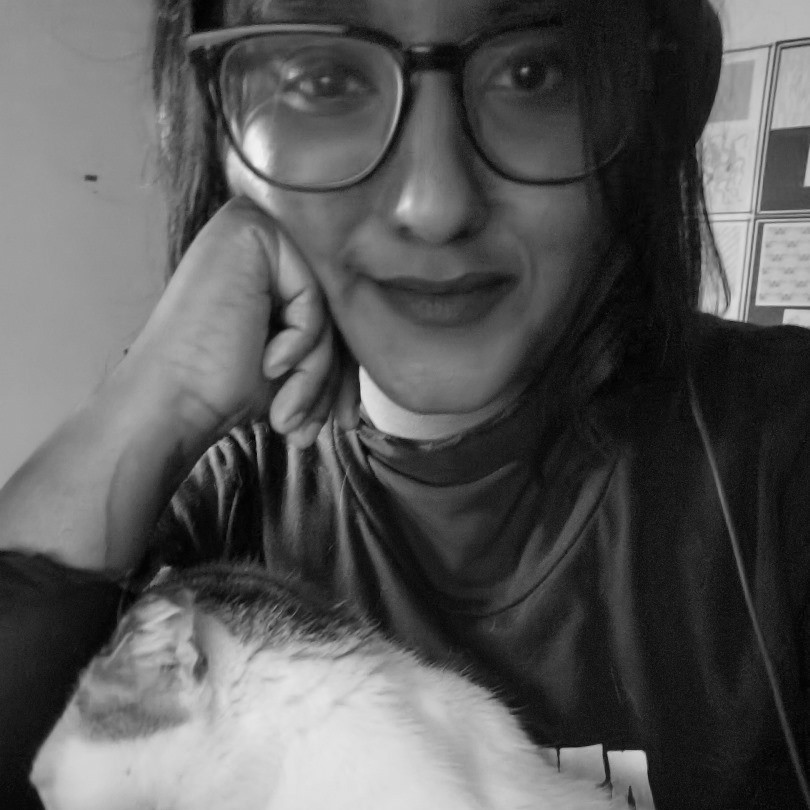ON THE QUIET edges of society lies an indispensable yet overlooked profession—undertakers. While the dictionary definition of “undertaker” could technically include anyone involved in funeral tasks, in practice, it refers to a trained service provider, also known as a funeral director or a mortician, who oversees the whole funeral process. This includes the ceremonial and respectful handling of the deceased during cleaning, preparation and transportation, as well as performing post-burial rites and offering advice.
In the Muslim context, an undertaker is a professional who prepares and manages funeral rites according to Islamic law, such as performing or arranging the ghusl (ritual washing), kafan (shrouding), transport and burial of the deceased. Sometimes, these duties can also be relegated to others within the community network.
From the home or hospital where death is certified, the mosque where prayers are led, to the burial ground and the gravestone where names are carved into, each pair of hands carries the deceased a little further along their final journey.
What looks seamless from the outside is, in fact, careful choreography between faith, family, public authority and private operators.






